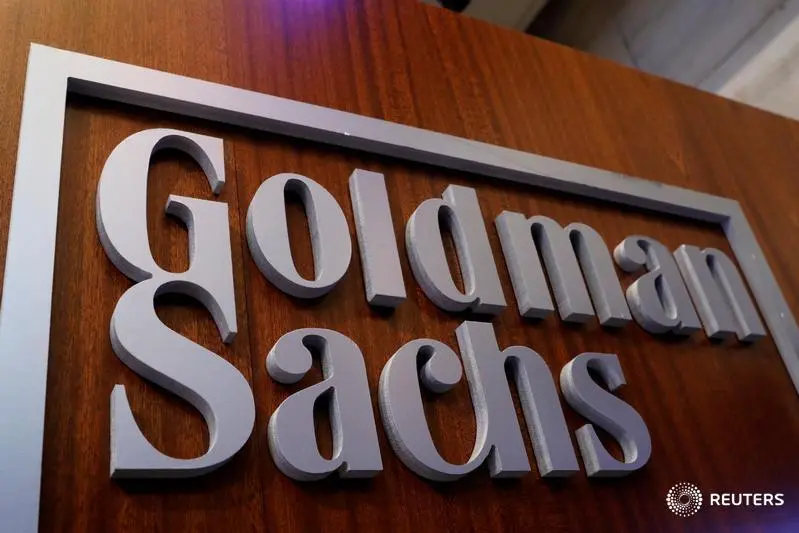PHOTO
(The author is a Reuters Breakingviews columnist. The opinions expressed are his own.)
NEW YORK - Goldman Sachs faces two drubbings for its role in Malaysia’s 1MDB bribery scandal. The first one came on Friday, as the Wall Street firm pledged to pay the new Kuala Lumpur government $2.5 billion in cash. The second one, a reckoning with the U.S. Department of Justice, will now be easier to wind up. The bill for working with 1MDB is looking big enough to sting, but small enough to become just another item on Wall Street’s mile-long rap sheet.
The settlement is more than Goldman offered last year, but a lot less than the $7.5 billion Malaysia once wanted. It comes with a promise to add some more cash if Prime Minister Muhyiddin Yassin’s government can’t recoup seized assets worth at least $1.4 billion – though if Malaysia gets back what it’s owed elsewhere, Goldman won’t be on the hook for that. Either way the extra sum won’t be due for five years, according to a person familiar with the situation.
As always, the big question is whether it’s enough to deter wrongdoing. On one hand, $2.5 billion is four times the $600 million Goldman made in fees from 1MDB. So it's an appropriately punitive result. On the other hand, it is a pittance for a $60 billion company that has paid out more than $55 billion in dividends and stock buybacks since it first helped 1MDB raise funds in 2012, according to data from Refinitiv.
If previous Wall Street scandals are a guide, investors and companies move on pretty quickly. Goldman’s shares were up slightly on Friday after the settlement was announced. One remaining question, aside from possible additional financial penalties, is whether the DOJ will force Goldman to admit criminal guilt to a federal charge for the first time. Banks that have pleaded guilty before, like Citigroup and JPMorgan, have carried on as normal. In some cases, like that of planemaker Airbus, settling with foreign authorities helps win more lenient treatment from the U.S. authorities.
Either way, lengthy negotiations have tied up executives like Goldman boss David Solomon, generated years of awkward questions and bad press, and cast a shadow over the company's reputation. The process is probably a better deterrent than the result.
CONTEXT NEWS
- Goldman Sachs has reached an agreement in principle to pay Malaysia’s government $2.5 billion over its role in the 1MDB bribery scandal, in which public funds raised by the Wall Street firm were siphoned off to pay bribes.
- In a statement on July 24 Goldman said it will also make up for any shortfall Malaysia faces as it recovers assets seized by other governments, up to a value of $1.4 billion.
- Malaysia will in return drop criminal charges against Goldman and its employees, not including former Southeast Asia Chairman Tim Leissner and banker Roger Ng.
- Goldman said it would take an extra second-quarter charge as a result of the settlement, on top of the $945 million litigation and regulatory provision in the results for the period that the firm unveiled on July 15.
- Malaysia swore in a new prime minister, Muhyiddin Yassin, on March 1. The administration of his predecessor Mahathir Mohamad had demanded as much as $7.5 billion from Goldman to settle 1MDB. Goldman had offered $1.8 billion in 2019, the Malaysian Treasury said.
- Goldman is separately negotiating over its role in 1MDB with the U.S. Department of Justice.
(The author is a Reuters Breakingviews columnist. The opinions expressed are his own.)
(Editing by Richard Beales and Leigh Anderson) ((john.foley@thomsonreuters.com; Reuters Messaging: john.foley.thomsonreuters.com@reuters.net))





















